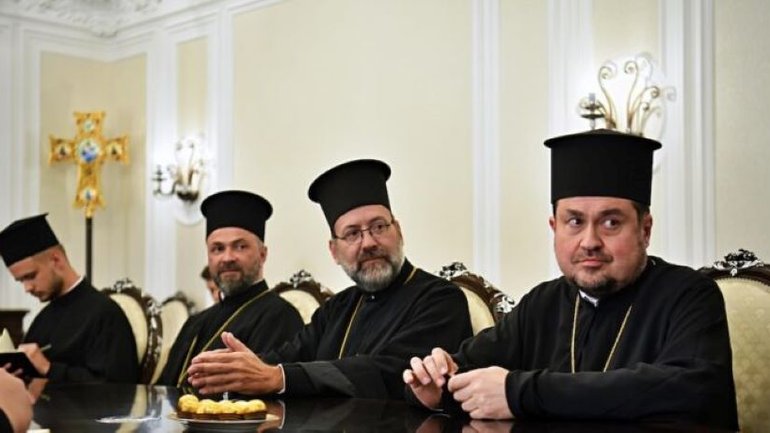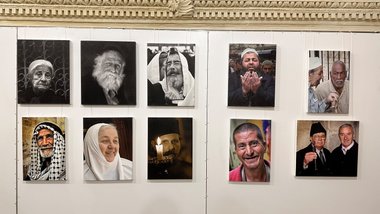What sources tell Orthodox Times about Ecumenical Patriarchate delegation’s visit to Kyiv

According to well-informed sources who spoke with orthodoxtimes.com, the delegation—comprising Archbishop Hilarion of Winnipeg, Metropolitan Job of Pisidia, and Patriarchal Deacon Epiphanius—encountered a positive atmosphere in all of its meetings.
However, the challenge remains in the reluctance—thus far—to bring all parties to the table for discussions without imposing terms and conditions.
“The Ecumenical Patriarch’s effort and desire is for all Orthodox Christians in Ukraine to unite within a single Church. This is the mandate given to the delegation in Kyiv. The mandate for the delegation in Kyiv includes visiting all relevant parties and addressing not only ecclesiastical matters but also the relationship between the state and the Church, current developments in Ukrainian society, and the needs of its citizens. The atmosphere encountered by the delegation has been positive everywhere,” a source tells orthodoxtimes.com.
The same sources also refute reports suggesting a negative atmosphere during the meeting between the Ecumenical Patriarchate delegation and Metropolitan Onufriy and stress that when a dialogue is initiated, time is needed for the fruits of these discussions to become evident. Some have taken advantage of the fact that Metropolitan Onufriy’s side did not issue a statement following the meeting to suggest that the encounter occurred in a negative atmosphere. This is not the case. The same sources reported that Metropolitan Onufriy and his entourage warmly welcomed the delegation of the Ecumenical Patriarchate.
It is noteworthy, according to those close to the discussions, that evaluating the effectiveness of a dialogue requires time. They emphasize that an attempt at dialogue should not be abandoned prematurely, as positive outcomes may take time to materialize.
Speaking to orthodoxtimes.com, informed sources highlight the significance of the delegation’s visit to Kyiv, particularly the meeting with Metropolitan Onufriy.
As they emphasize, after six years of no contact or meetings between Metropolitan Onufriy and representatives of the Ecumenical Patriarchate, this was the first time the delegation was officially welcomed. “And the meeting was conducted in a very positive and warm atmosphere. Everyone spoke openly and shared their views,” they underlined.
In response to an inquiry by orthodoxtimes.com regarding the Ukrainian Orthodox Church’s relationship with the Moscow Patriarchate and whether this issue was addressed during the discussions, sources confirmed that Metropolitan Onufriy’s side asserts it has severed all contact with Moscow. Metropolitan Onufriy himself was open to the Mother Church (Ed. Note: Ecumenical Patriarchate) and to the possibility of dialogue.
Regarding the controversial Bill 8371, Onufriy’s side does not appear to be concerned. “This is because the law prohibits the operation of religious centers based abroad within Ukraine. We are based in Kyiv and have no relationship with foreign centers; therefore, this does not concern us,” the Ukrainian Orthodox Church emphasized according to sources speaking to orthodoxtimes.com.
The identified problem is the difficulty in establishing effective communication between the parties. Here, the crucial role of the Ecumenical Patriarchate as a mediator becomes evident.










